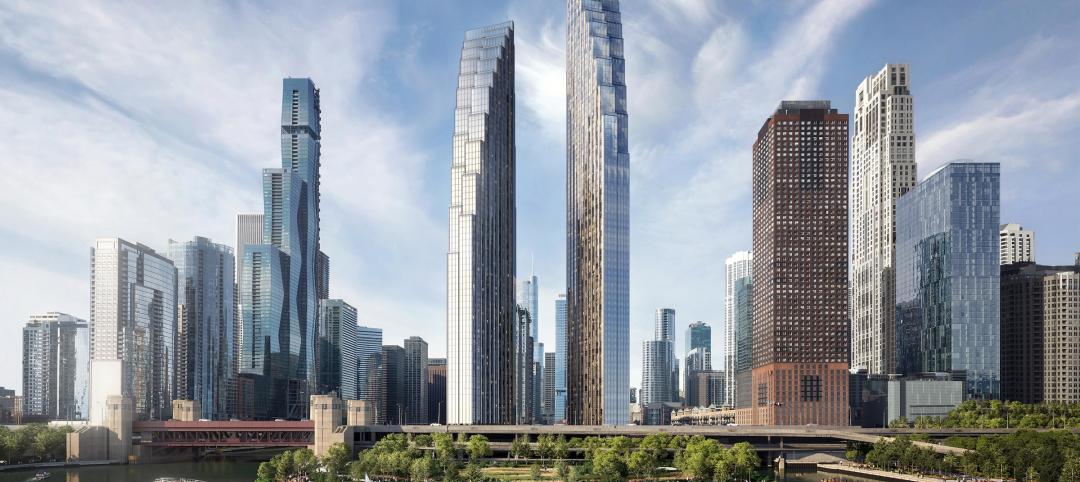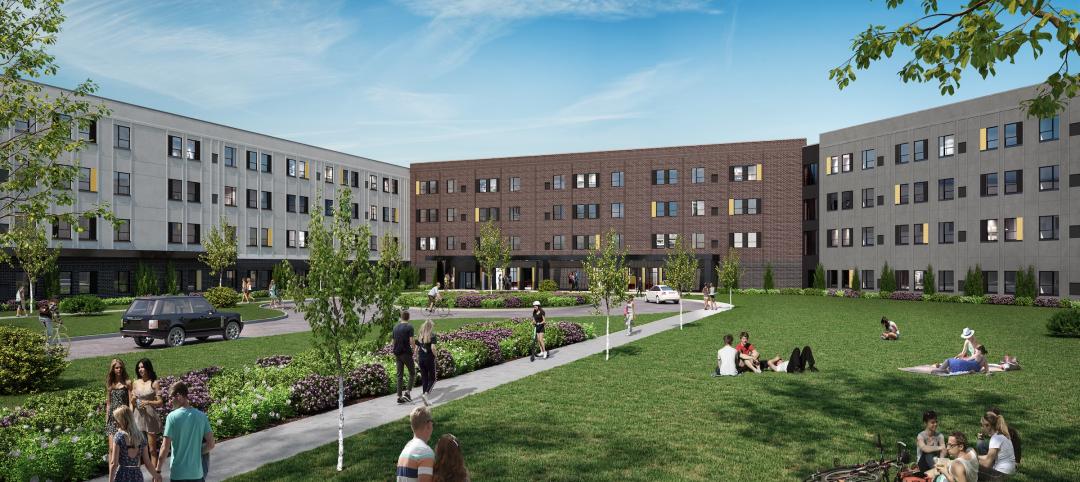At a recent meeting, the Concrete Reinforcing Steel Institute (CRSI) Board of Directors urged all CRSI producer members to revert to an inch-pound bar marking system for all sizes and grades of deformed reinforcing steel products. CRSI members produce more than 90% of domestic reinforcing steel.
The intention of this resolution is for all new rollings of reinforcing steel products to be marked with inch-pound bar markings no later than January 1st, 2014. Providing a 25-month phase in period should permit producer members sufficient time to re-tool finish roll inventory to the inch-pound marking system as rolls need to be replaced, significantly reducing or eliminating the need to unnecessarily cut new rolls to meet the resolution.
As the ASTM specifications for reinforcing steel products permit reinforcing bars to be marked in either soft metric, or inch-pound markings, existing inventory of soft metric bars can continue to be sold alongside inch-pound marked bars during and after the January 1st, 2014, phase-in target.
The intention of this resolution is to reduce confusion and the chance of errors or delays from the construction supply chain. CRSI members are strongly encouraged to revert to the inch-pound marking system for steel reinforcing bars as soon as practical to minimize any additional confusion to the supply chain of steel reinforcing bars.
This change is the result of several actions. The Federal Highway Administration no longer mandates metrification of federally funded road and bridge construction projects and all state Departments of Transportation no longer require materials to be specified and sourced in metric sizes/quantities. Additionally, a large majority of the non-governmental construction community never adopted metric measurements in their plans and specifications. The American Concrete Institute (ACI), through their Technical Activities Committee (TAC), has strongly encouraged CRSI members to mark reinforcing bars with traditional inch-pound size designations. ACI is the standards body within the United States responsible for developing the concrete building code. The concrete building code and other ACI documents reference the inch-pound size as the primary designation.
“It made logical sense for the industry to begin the process to move away from soft metric markings,” said Robert Risser, CRSI President. “None of our private or government customers are using metric plans or specifications any longer. The phase-in period will allow industry members to make the change over at minimal additional expense. CRSI is now in the process of making the appropriate changes to our manuals and literature.” BD+C
Related Stories
University Buildings | Jun 28, 2024
The American University in Cairo launches a 270,000-sf expansion of its campus in New Cairo, Egypt
In New Cairo, Egypt, The American University in Cairo (AUC) has broken ground on a roughly 270,000-sf expansion of its campus. The project encompasses two new buildings intended to enhance the physical campus and support AUC’s mission to provide top-tier education and research.
MFPRO+ New Projects | Jun 27, 2024
Chicago’s long-vacant Spire site will be home to a two-tower residential development
In downtown Chicago, the site of the planned Chicago Spire, at the confluence of Lake Michigan and the Chicago River, has sat vacant since construction ceased in the wake of the Great Recession. In the next few years, the site will be home to a new two-tower residential development, 400 Lake Shore.
Codes and Standards | Jun 27, 2024
Berkeley, Calif., voters will decide whether to tax large buildings with gas hookups
After a court struck down a first-in-the-nation ban on gas hookups in new buildings last year, voters in Berkeley, Calif., will have their say in November on a measure to tax large buildings that use natural gas.
Mass Timber | Jun 26, 2024
Oregon State University builds a first-of-its-kind mass timber research lab
In Corvallis, Oreg., the Jen-Hsun Huang and Lori Mills Huang Collaborative Innovation Complex at Oregon State University aims to achieve a distinction among the world’s experimental research labs: It will be the first all-mass-timber lab meeting rigorous vibration criteria (2000 micro-inches per second, or MIPS).
Sustainability | Jun 26, 2024
5 ways ESG can influence design and create opportunities
Gensler sustainability leaders Stacey Olson, Anthony Brower, and Audrey Handelman share five ways they're rethinking designing for ESG, using a science-based approach that can impact the ESG value chain.
Student Housing | Jun 25, 2024
P3 student housing project with 176 units slated for Purdue University Fort Wayne
A public/private partnership will fund a four-story, 213,000 sf apartment complex on Purdue University Fort Wayne’s (PFW’s) North Campus in Fort Wayne, Indiana. The P3 entity was formed exclusively for this property.
Sustainability | Jun 24, 2024
CBRE to use Climate X platform to help clients calculate climate-related risks
CBRE will use risk analysis platform Climate X to provide climate risk data to commercial renters and property owners. The agreement will help clients calculate climate-related risks and return on investments for retrofits or acquisitions that can boost resiliency.
MFPRO+ News | Jun 24, 2024
‘Yes in God’s Backyard’ movement could create more affordable housing
The so-called “Yes in God’s Backyard” (YIGBY) movement, where houses of worship convert their properties to housing, could help alleviate the serious housing crisis affecting many communities around the country.
Student Housing | Jun 20, 2024
How student housing developments are evolving to meet new expectations
The days of uninspired dorm rooms with little more than a bed and a communal bathroom down the hall are long gone. Students increasingly seek inclusive design, communities to enhance learning and living, and a focus on wellness that encompasses everything from meditation spaces to mental health resources.
Museums | Jun 20, 2024
Connecticut’s Bruce Museum more than doubles its size with a 42,000-sf, three-floor addition
In Greenwich, Conn., the Bruce Museum, a multidisciplinary institution highlighting art, science, and history, has undergone a campus revitalization and expansion that more than doubles the museum’s size. Designed by EskewDumezRipple and built by Turner Construction, the project includes a 42,000-sf, three-floor addition as well as a comprehensive renovation of the 32,500-sf museum, which was originally built as a private home in the mid-19th century and expanded in the early 1990s.

















